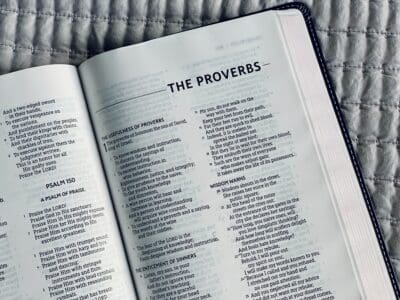“Neither do I condemn you.” John 8:11
You can find a way around the condemnation of your conscience and the condemnation of other people, but there is nothing you can do about the reality that we are all ultimately accountable to Almighty God. There are no loopholes here.
The people who condemned the woman had gone away. So when Jesus asked, “Has no one condemned you?” she said, “No one, Lord.” (8:10, 11). Notice how she instinctively recognizes the authority of Jesus, calling Him Lord. He is the sovereign Lord, the Judge of all the earth. What really matters is how He will deal with her.
Jesus said, “Neither do I condemn you” (8:11). This is grace and it is beautiful. These words of Jesus must have been music to her ears. But what about justice? The law of God condemns what this woman did. How can the One who wrote it now say, “I do not condemn you”?
This is the significance of verse 8, “And once more he bent down and wrote on the ground.” Why did Jesus write on the ground twice? Moses smashed the first tablets of stone, so God wrote the law on tablets of stone a second time.
What happened to the second set of tablets? They were placed in the ark, and on the day of atonement, the blood of a sacrificed animal was sprinkled over the lid of the ark. So, the blood of the sacrifice covered the tablets of stone that were written by the finger of God.
A. W. Pink suggests this is the significance of Jesus writing a second time on the ground. If all we had was the law of God, we would all be condemned. But the second tablets of stone were covered by the blood of a sacrifice, and in this way, mercy came to God’s people.
This is why Jesus came into the world. He became the sacrifice. His blood was shed to cover over the law so that mercy would be released for us.
Put yourself in the place of the woman, and hear Jesus speaking these words to you.




